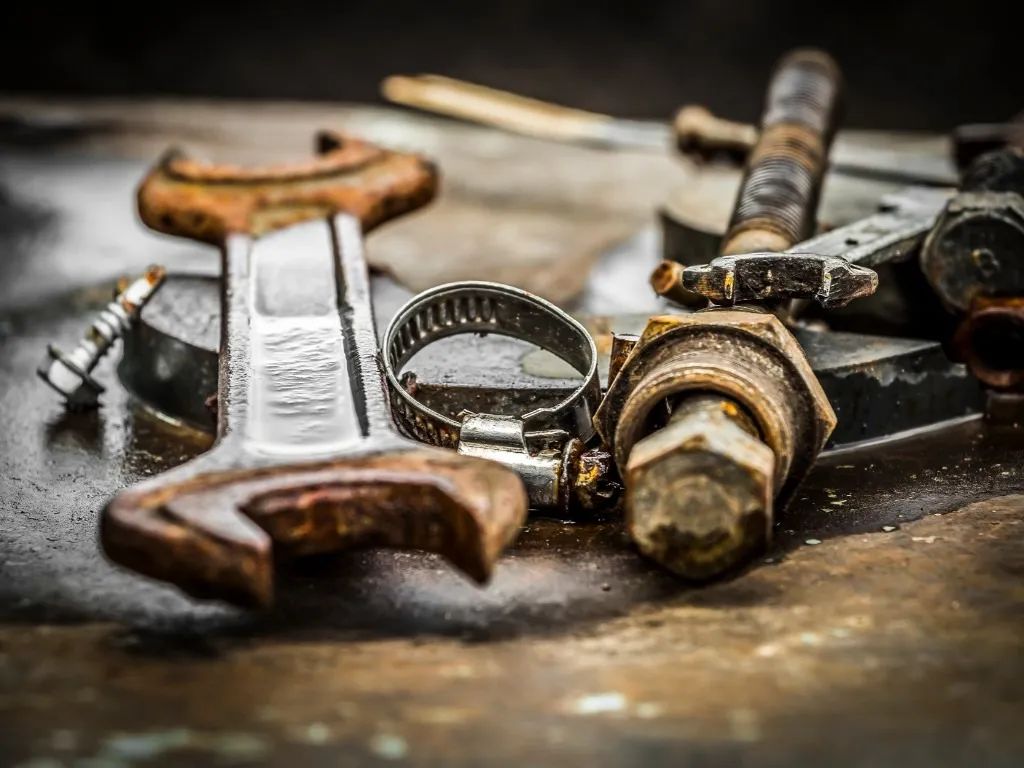
Privacy statement: Your privacy is very important to Us. Our company promises not to disclose your personal information to any external company with out your explicit permission.
With the continuous development of the industry, the use of steel is also increasing, but in the production process or the sealing process of finished products, steel plates are easily oxidized and rusted when exposed to humid air and rainy days, which affects the appearance quality of products. This creates problems for the use of steel, and the annual loss of steel due to corrosion is staggering.

Metals are divided into non-ferrous metals and ferrous metals, and ferrous metals include iron, manganese, and chromium. Iron is hard and ductile, has strong ferromagnetism, good plasticity and thermal conductivity, and is widely distributed on the earth. Various alloys with iron as the main body include cast iron, carbon steel, stainless steel, etc., and are widely used.

Water-based rust inhibitor for ferrous metal
Water-based rust inhibitors for ferrous metals are generally composed of corrosion inhibitors, complexing agents, alkalis, and wetting agents.Common inorganic corrosion inhibitors include sodium nitrite, sodium molybdate, sodium tungstate, boric acid, borax, phosphate, etc., which are all anodized corrosion inhibitors. There are more types of organic corrosion inhibitors, such as the well-known carboxylates: monocarboxylic acid, dicarboxylic acid, tricarboxylic acid, etc., in addition to fatty acid amides, borate esters, petroleum sulfonates , alkyl succinic acids, cationic quaternary ammonium salts, etc. This kind of corrosion inhibitor contains elements with lone pair electrons such as nitrogen, phosphorus, sulfur, oxygen, etc., which can directly form a chemical adsorption layer on the metal surface, and belong to the mixed corrosion inhibitor.

November 08, 2024
April 26, 2024
April 26, 2024
Semi-synthetic water-based cutting fluid smelly foam rust discoloration and other 8 problems As an indispensable auxiliary material in modern metal processing, semi-synthetic water-based cutting...
Performance evaluation and application strategy of anti-rust oil: the way to ensure long-term stability of metal parts In the broad field of metal processing and storage, anti-rust oil is a key...
What are the advantages of the application of phosphate ester aqueous extreme pressure agent in metal working fluids? In the field of metal processing, lubrication and cooling have always been the...
Anti-rust agent disclosure: The dual challenge of anti-rust and anti-emulsification properties In the world of metal processing and lubricating oil, the existence of rust inhibitors is like a patron...
Email to this supplier
November 08, 2024
April 26, 2024
April 26, 2024
Send Inquiry

Mr. James
Tel:0086-371-58651986
Fax:
Mobile Phone:+86 13783582233
Email:sales@cn-lubricantadditive.com
Address:No.11 Changchun Road, High-Tech Zone, Zhengzhou, Henan
Related Products List
Mobile Site


Privacy statement: Your privacy is very important to Us. Our company promises not to disclose your personal information to any external company with out your explicit permission.

Fill in more information so that we can get in touch with you faster
Privacy statement: Your privacy is very important to Us. Our company promises not to disclose your personal information to any external company with out your explicit permission.